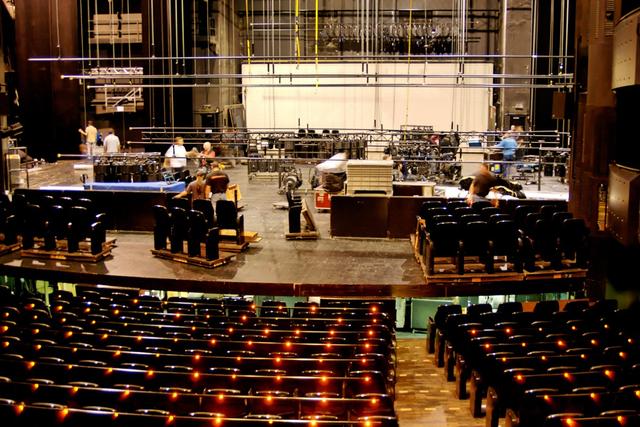Stage Managers
Overview

Introduction
The stage manager, or production stage manager or assistant stage manager, takes over the responsibilities of the director of a theatrical production when his or her job is done. The job begins before the productions first rehearsal. During that time, the stage manager acts as the representative of the director as well as a liaison between the cast and crew and the production’s management. He or she also coordinates what happens on stage.
Quick Facts
Median Salary
Employment Prospects
Minimum Education Level
Experience
Skills
Personality Traits
Earnings
The earnings of stage managers vary greatly depending on an individuals experience, responsibilities, reputation, the type of theater and production, the company, location, and industry staging the production, and sometimes even the number of seats in a theater. Individuals working in union situations have their earnings negotiated by the Actors Equity Association. Each type of Equity theater h...
Work Environment
Stage managers work in a variety of theaters, including summer stock, regional theaters, off-Broadway, off-off Broadway, and Broadway. Some work for touring companies. Stage managers also work at large stadiums, casinos or hotel showrooms, and other venues that host live music or variety acts.
Individuals may work afternoons, nights, and weekends depending on when productions are schedul...
Outlook
The Bureau of Labor Statistics does not specifically discuss the occupational outlook for stage managers. For the related professions of producers and directors, the BLS reported there were 152,400 jobs in the United States in 2019. Employment is projected to grow by 5 percent through 2028, about as fast as the average for all occupations. This also includes individuals working in motion pictur...


























